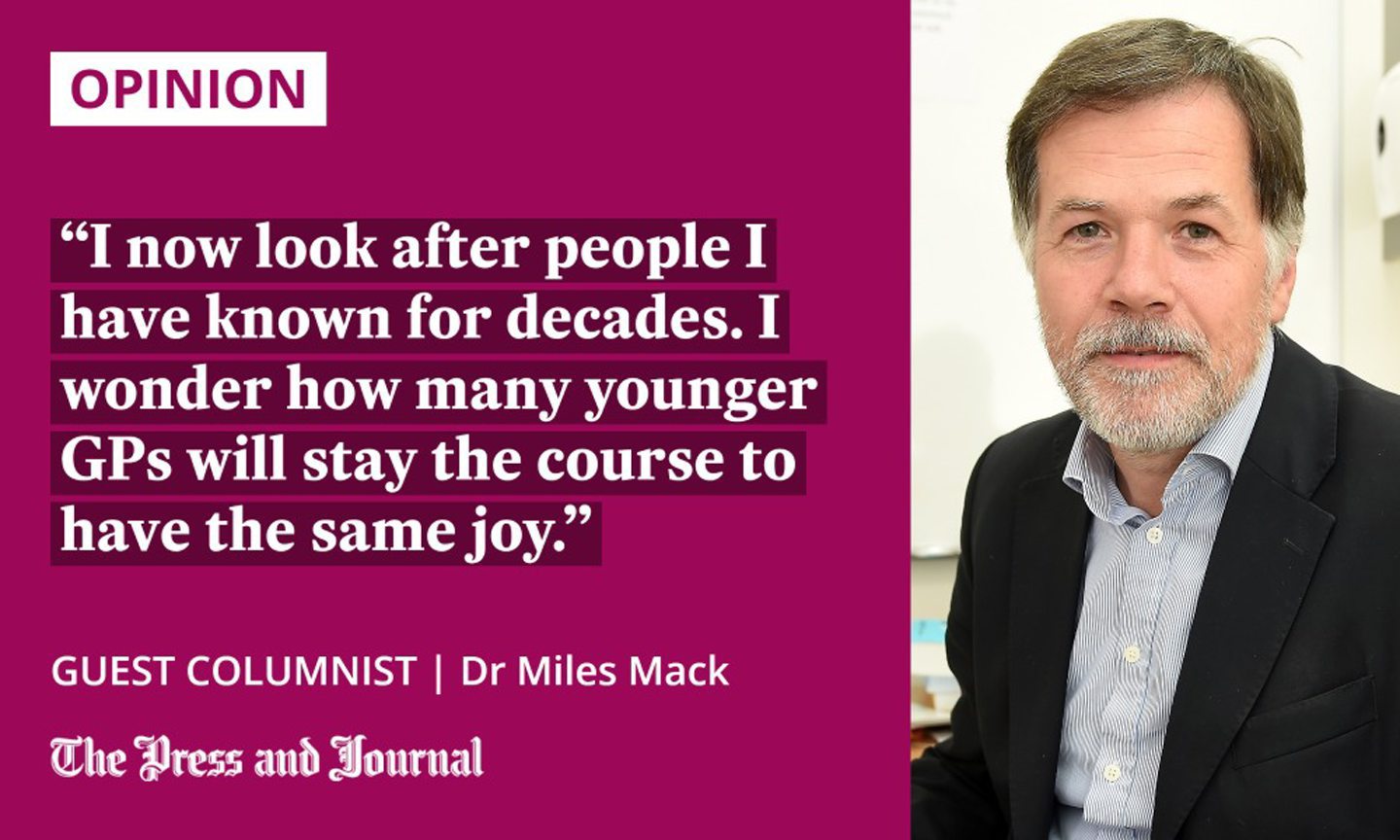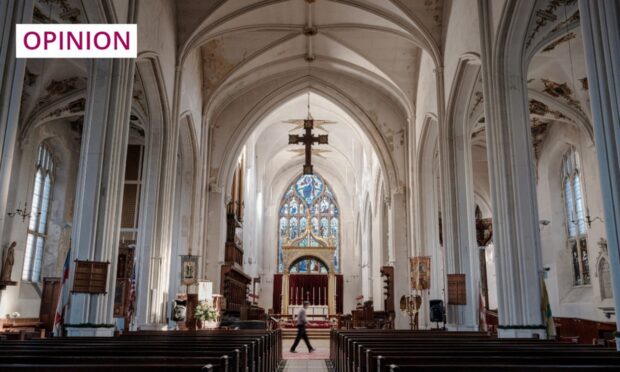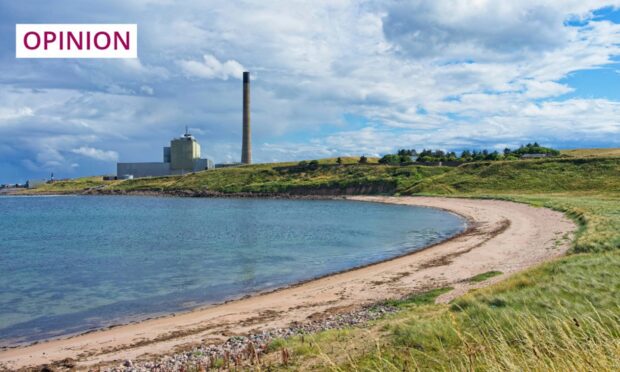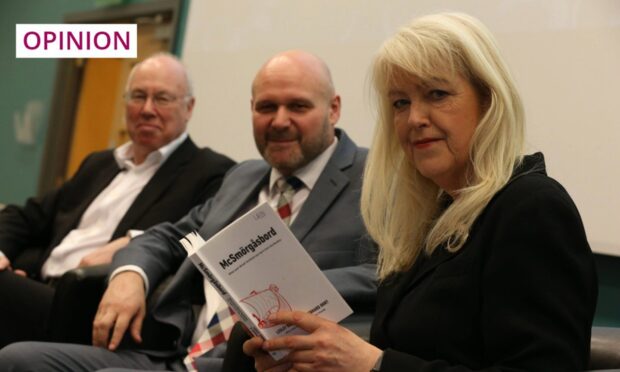GPs are struggling, and I’m going to tell you why.
It starts, predictably, with politics. Year on year, funding to general practice has been less than inflation.
The Royal College of GPs in Scotland, among others, loudly voiced our alarm at the way things were going, but the warnings went unheeded.
In 2018, the GP contract agreed between the British Medical Association and Shona Robison, the then cabinet secretary for health, failed to reverse this trend. Instead, new, non-GP services for patients were promised, which would, theoretically, reduce our workload. But the Scottish Government has reneged on its commitment to deliver this contract. So, the pressure continues.
When I joined Dingwall Health Centre from Raigmore Hospital in 1993, Dingwall had the equivalent of seven full-time GPs. Now, we have eight.
Raigmore, in 1993, had two paediatricians, one cardiologist and no A&E consultants. Now it has 13 paediatricians, six cardiologists and 10 A&E consultants, an increase in numbers which has happened across the majority of the hospital departments.

Obviously, having more doctors is a good thing, but imagine what patient care would be like if we had even double the number of GPs we have at present, let alone the sort of expansion seen in hospital consultants. Patients would have better access to help when they need it, we would have more time to coordinate complex care, and much more treatment could be delivered where the patients live, by doctors they know and, ironically, at much reduced cost to the NHS.
GPs, having undertaken the same level of higher specialist training as hospital consultants, have learned to expect lower salaries than their hospital colleagues. And, as our population has become older with more complex needs, GPs “coalface” workload has increased hugely.
Patients are living longer, and treatments to keep them well are ever more complex. Most of that care takes place within general practice.
We would dearly love to increase our GP workforce, but this is hard to do, as our pay falls ever further below that of our hospital colleagues. It feels like general practice is being slowly strangled.
GPs are facing an intolerable workload
Patients struggle to get appointments, and they have to travel considerable distances for vaccinations, for example, instead of popping to their surgery. At the same time, exhausted GPs all over the country wonder just how long they will be able to continue. Nobody’s happy.
Worryingly, large and previously successful practices have closed. When you can’t recruit new colleagues and are facing an intolerable workload, the only thing to do is to give up and hand back the contract to the health board.
When I started my career as a GP, we worked long hours that included the phones being transferred through to our homes overnight. It was tiring and, at times, very stressful, but the medicine was less complex, and there was more time to think. Now, the long working days are intense and unrelenting, from the time I arrive at work until the time I leave.
Our day is filled with back-to-back appointments and telephone calls, interspersed with home visits and consultations in care homes. At the end of the day, there will be a screen full of letters and lab results to deal with, referrals to write, and hospital specialists to consult with.
That is before the work we do to keep up-to-date with medical advances across the entire medical spectrum. We often come in on off-duty days to get through the workload.
How will the NHS cope?
I feel privileged to have had my career. I’ve never been bored, patients are endlessly fascinating, and it grows more rewarding as time rolls on, and I now look after people I have known for decades. I wonder how many younger GPs will stay the course to have the same joy.
It feels as if the NHS in Scotland takes general practice for granted and, in doing so, is recklessly risking catastrophic collapse in more practices
I’m staying on as a GP until I retire, because I love my job. But I am increasingly worried that more practices will fail, and my younger colleagues will give up and find work in less pressurised, better-paid specialties, perhaps in other countries, where their skills will be better appreciated.
It feels as if the NHS in Scotland takes general practice for granted and, in doing so, is recklessly risking catastrophic collapse in more practices. How, then, will the NHS cope without GPs, who have been the bedrock of the NHS since its inception?
Dr Miles Mack is a GP in the Highlands and the former chairman of the Royal College of General Practitioners Scotland












Conversation